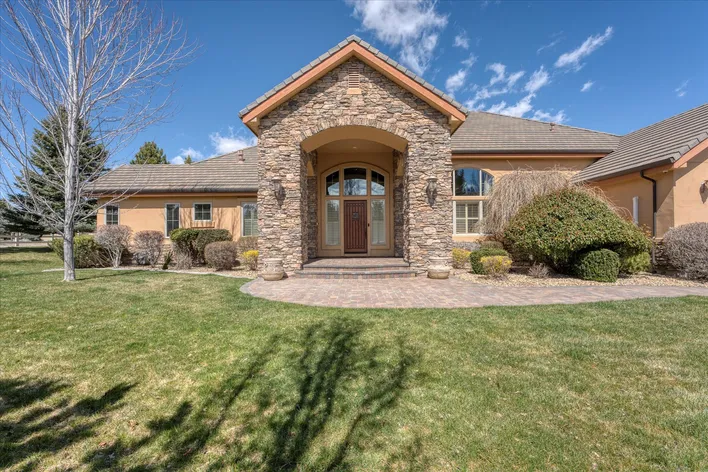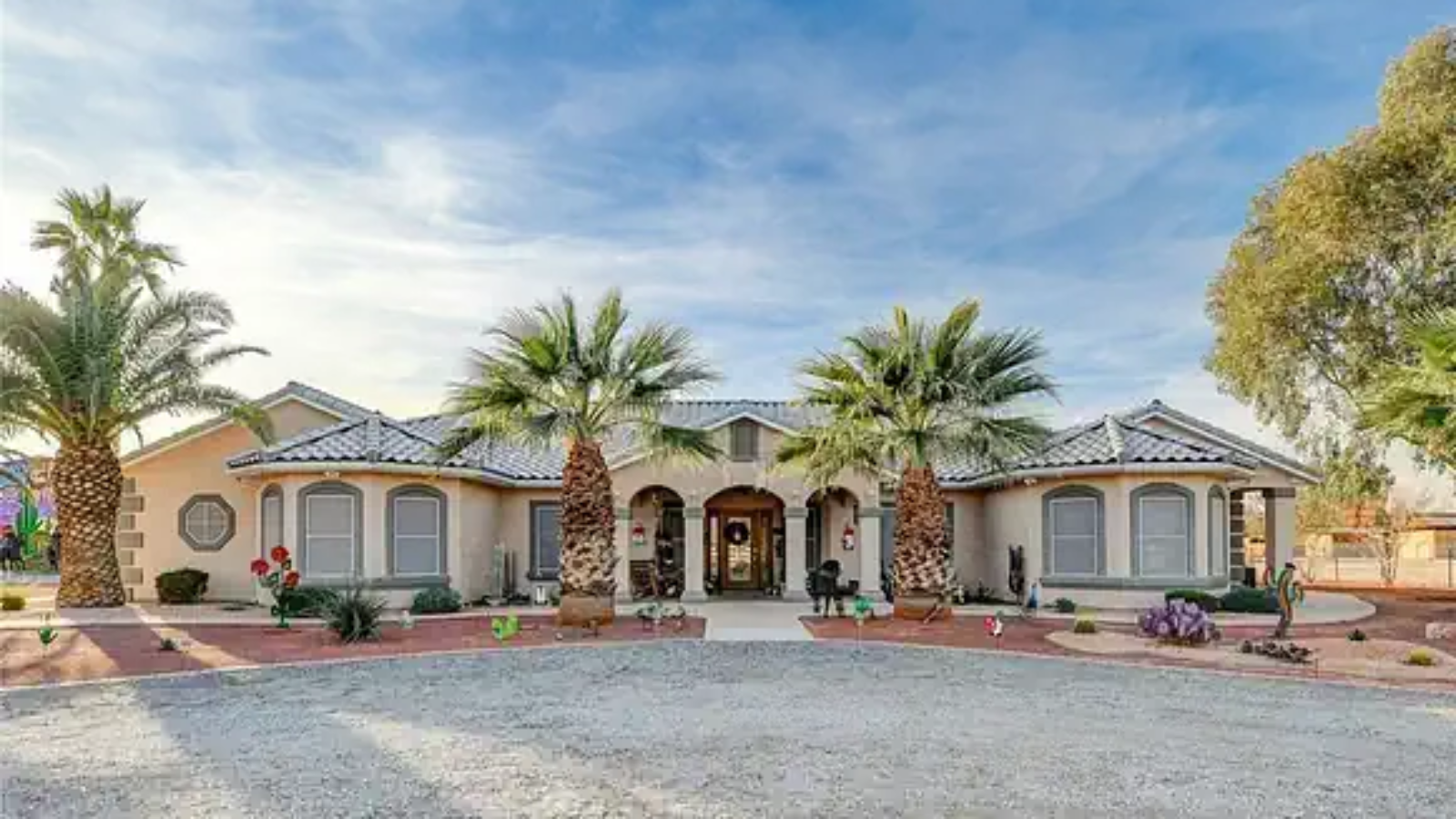Understanding Building Permits in Nevada: A Complete Guide
When it comes to construction or renovation in Nevada, obtaining the proper building permits is essential to ensure your project is legal, safe, and up to code. Whether you’re adding a room to your house, constructing a commercial building, or making any significant changes to your property, understanding the building permit process is crucial. This guide will help you navigate the process and make sure your project complies with Nevada’s regulations.
What Is a Building Permit?
A building permit is an official authorization granted by the local government that allows you to begin construction or alterations on your property. It ensures that your project meets local building codes, zoning laws, and safety standards. In Nevada, obtaining a building permit is typically required for residential, commercial, and industrial projects.
Why Are Building Permits Important in Nevada?
Building permits play a crucial role in protecting public health, safety, and welfare. Here are some reasons why you need to obtain a permit in Nevada:
- Code Compliance: Permits ensure that your construction adheres to state and local building codes, which are designed to protect the structural integrity and safety of your property.
- Avoiding Fines and Legal Trouble: Working without the necessary permits can result in fines, legal issues, and even the requirement to undo or redo the work to comply with regulations.
- Insurance and Resale: Having a permit ensures that the work is done correctly and up to code, which is crucial when selling your property or filing insurance claims.

When Do You Need a Building Permit in Nevada?
In Nevada, permits are required for most major construction, renovation, and alteration projects. Some of the common situations that require a building permit include:
- New Construction: Whether you’re building a new home, commercial building, or other structures, a permit is required.
- Home Additions: If you plan to add extra space to your home, like an additional bedroom or a new deck, you’ll need a permit.
- Major Renovations: Projects that involve significant changes, such as altering load-bearing walls or updating electrical, plumbing, or HVAC systems, generally require permits.
- Demolition: If you’re demolishing a structure or part of a structure, you’ll likely need a permit.
- Swimming Pools and Spas: Installing a pool or spa also requires a permit to ensure safety and compliance with local regulations.
Certain minor projects, such as painting or installing minor fixtures, typically do not require a permit. However, it’s important to check with your local building department to confirm whether your specific project needs a permit.
How to Obtain a Building Permit in Nevada
- Check Local Requirements
Nevada is made up of numerous counties and cities, each with its own set of rules and regulations regarding building permits. It’s important to start by contacting your local building department or visiting their website to get the specific requirements for your project. Some jurisdictions may have additional permits for specific tasks (e.g., electrical or plumbing permits). - Prepare Your Plans
You will need to submit a detailed application for a permit, which often includes construction plans, site plans, and a description of the work being done. For complex projects, you may need to hire licensed professionals like an architect, engineer, or contractor to create the plans. - Submit the Application
Submit your permit application to the local building department along with the required plans and documents. Be prepared to pay any applicable fees, which will vary depending on the scope of your project and location. - Plan Review and Approval
Once your application is submitted, the building department will review your plans to ensure they comply with local zoning laws, building codes, and safety standards. This process can take a few days to a few weeks depending on the complexity of your project. If any changes are needed, the department will notify you and request revisions. - Receive the Permit
Once your plans are approved, you will be issued a building permit, and you can begin your construction project. Keep the permit on-site during the entire project, as inspectors may request to see it during inspections.
Inspections and Final Approval
In Nevada, inspections are an essential part of the building permit process. During and after your project, you will need to schedule inspections at various stages. These inspections are conducted by local building officials to ensure that the work meets code requirements.
The most common inspections include:
- Foundation inspection
- Framing inspection
- Plumbing, electrical, and mechanical inspections
- Final inspection after the project is completed
Once all inspections are passed and the work is deemed to comply with local codes, you will receive final approval, which may include a certificate of occupancy (CO) for residential projects or a certificate of completion for commercial projects.
What Happens If You Don’t Get a Permit?
While it might seem easier to skip the permit process, doing so can lead to serious consequences:
- Fines and Penalties: If you’re caught without the proper permits, you could be fined, and in some cases, you may be required to tear down or undo the work that was done.
- Legal Issues: Failing to obtain a permit can result in legal issues, especially if your construction impacts neighboring properties or public safety.
- Insurance Problems: Without a permit, your insurance provider may refuse to cover damages or losses related to the unpermitted work.
- Challenges with Selling: When you try to sell your property, any unpermitted work may be flagged during the inspection process, which could delay or prevent the sale.
Conclusion
Navigating the building permit process in Nevada can seem complicated, but it’s a crucial step in ensuring that your construction project is legal, safe, and compliant with state and local regulations. Whether you’re building a new home, adding an addition, or renovating an existing structure, understanding when and how to obtain the necessary permits is key to a successful project.
By working with professionals or consulting with your local building department, you can ensure that your project goes smoothly and avoids costly mistakes. Always take the time to verify whether a permit is required and to submit a complete application to avoid delays, fines, or complications down the road.
If you’re unsure about the permit process or need assistance, don’t hesitate to reach out to your local building authority or a permitting consultant for expert guidance.



Leave A Comment